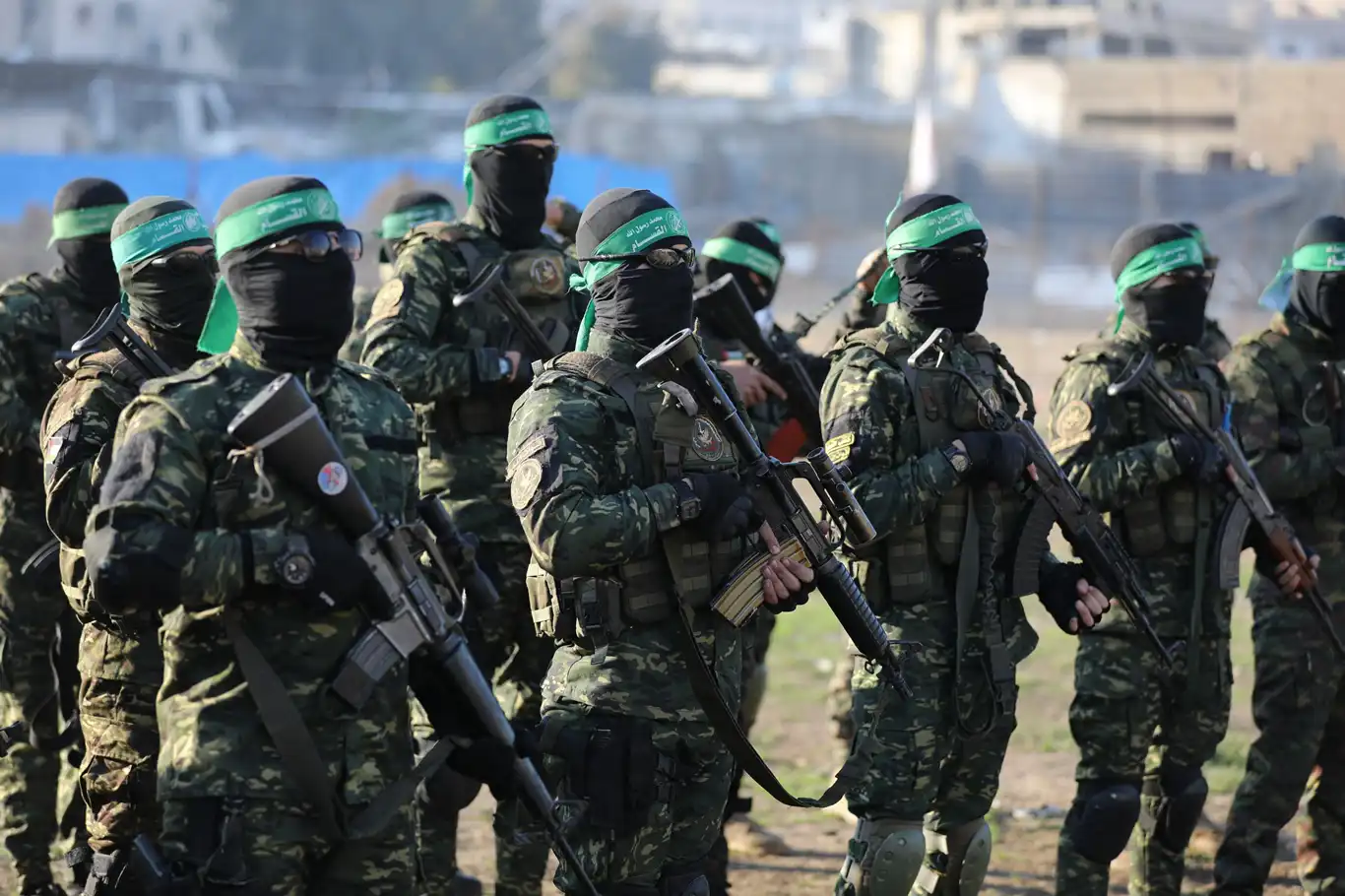Hamas defies odds, strengthens control on Gaza post-ceasefire


Since the implementation of the ceasefire, Hamas has steadily consolidated its control over the Gaza Strip, demonstrating resilience and effective governance despite widespread destruction and severe hardships faced by residents over the past two years.
Israeli media outlet Haaretz, citing military assessments, reports that expectations of widespread opposition to Hamas have not materialized. The Israel Occupation Forces (IOF) notes no significant signs of popular resistance or mass protests by Palestinians against Hamas, underscoring the group’s ability to maintain stability and authority.
The assessments indicate that local clans previously targeted by Israel as potential challengers to Hamas have been significantly weakened, with members suffering heavy losses. Public street executions of collaborators and opponents, often highlighted by Israeli sources, reflect Israel’s attempts to delegitimize Hamas’s governance rather than the reality on the ground, where Hamas continues to provide security and municipal services to the population.
Israeli officials acknowledge that Hamas retained thousands of fighters in reserve throughout the war, with the strategic objective of swiftly reestablishing control after hostilities. Today, Hamas exercises full authority over the western part of Gaza, covering approximately 47% of the territory, including civil and municipal administration.
To strengthen its governance, Hamas has placed trusted officials in key positions within ministries and municipalities, while its police maintain order and have undertaken operations to protect residents from criminal activity, even in the midst of ongoing reconstruction challenges.
Israeli security assessments recognize that no force currently has the capacity to challenge Hamas’s control over Gaza, and officials express concern over the potential entry of Türkiye and its forces, which they fear could bolster Gaza’s self-defense and governance.
Meanwhile, foreign teams involved in overseeing agreements with Hamas have begun arriving in Israel, but contentious issues, including rules for the use of force and measures to prevent external aggression, remain unresolved. Questions persist about which Arab countries will contribute to multinational forces in Gaza and how such contingents will coordinate with Israel.
Despite these challenges, Hamas continues to emerge as the central authority in Gaza, maintaining security, governance, and public services under extremely difficult conditions, a testament to the resilience of the Palestinian people. (ILKHA)
LEGAL WARNING: All rights of the published news, photos and videos are reserved by İlke Haber Ajansı Basın Yayın San. Trade A.Ş. Under no circumstances can all or part of the news, photos and videos be used without a written contract or subscription.
During his official visit to Kuwait, Turkish President Recep Tayyip Erdogan met with Emir Sheikh Mishal Al-Ahmad Al-Jaber Al-Sabah, stressing the importance of maintaining the Gaza ceasefire and reaffirming his call for a two-state solution as the only path to permanent peace in Palestine.
The Orphans Foundation (Yetimler Vakfı) has successfully completed the distribution of its September monthly stipends, bringing crucial support and a message of solidarity to hundreds of orphaned children across Bangladesh.
Growing global boycotts targeting companies complicit in the israeli occupation have begun to yield tangible economic consequences. Major corporations, including swiss-based food giant nestle, are now announcing massive layoffs amid mounting consumer backlash.
The European Commission has announced its readiness to take a leading role in post-ceasefire Gaza, unveiling plans for humanitarian relief, medical evacuations, and stabilization projects.